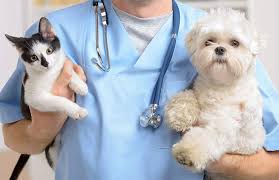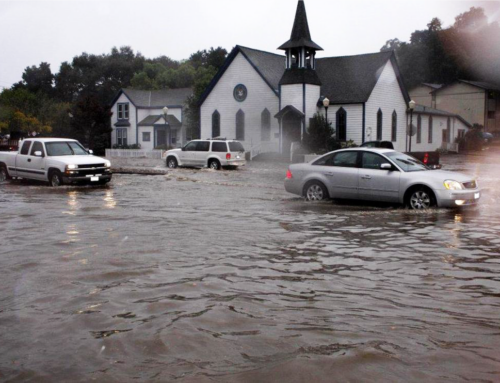Veterinary hospitals are open to refill medication

By Dr. Jeanne Haggerty-Arcay
We are in the midst of an unprecedented medical crisis, with the Bay Area being among the most severely affected regions. Health officials, government officials and lawmakers are in uncharted territory as everyone tries to navigate through this difficult time. Among the growing list of concerns is our pets. How do we care for them in this crisis? Are they at risk? What should we be doing to protect them as well as ourselves.
COVID-19 has been described as a respiratory disease that causes mild to severe symptoms including fever, cough and difficulty breathing. Transmission primarily occurs from exposure to infected people, although the virus can also be transmitted secondarily via contaminated surfaces, also known as fomites. There is currently, no licensed treatment nor vaccine, although pharmaceutical companies around the globe are racing to try to make these a reality. Currently, the best way to avoid becoming infected is to avoid exposure to infected/sick people and contaminated surfaces.
- Can my pet become infected with COVID-19? According to the American Veterinary Medical Association, there is currently no evidence that pets can become ill from COVID-19 nor spread the disease to other pets nor to humans. That being said, there is still a lot that we do not know about COVID-19 so the recommendation remains that if you are infected or test positive, you should find someone else to care for your pet. If you are an infected individual with a service animal, or do not have anyone else to care for your pet, you should wear a face mask, wash hands before/after contacting your pet, avoid hugging/kissing your pet, and avoid sharing dishes, cups, eating utensils towels and bedding.
- What should I be doing in preparation for the shelter-in-place? You should ensure that you have three to four weeks of food and medication. It is ideal to continue with whatever food your pet has been eating. However, if you are unable to find that particular type, look for something similar. If your pet has medical needs and you are concerned that a change in food may worsen a pre-existing medical condition, contact your veterinarian. Pet stores have been listed as an essential business and at least some local businesses will likely be operational. However, given the crisis, hours may be reduced, so call ahead or check their website for specific store details. If you have sufficient food to wait, online ordering may also be a viable option. You should also be sure that you have sufficient medication. Veterinary hospitals are open to refill medication, also hours of operation may be altered.
- What if my pet requires veterinary care? Most local veterinary businesses and emergency clinics are operational. However, protocols for check-in may be dramatically different from what you are accustomed to seeing. Check with your specific veterinarian prior to going to verify clinic hours, any new protocols and to ensure that they are able to accommodate your pet’s condition.
There are still many unanswered questions regarding COVID-19 and the situation and information being presented is ever-changing. Reliable sources for information which are updated regularly include:
- AVMA (American Veterinary Medical Association)
- CDC (Centers for Disease Control)
- Department of Public Health
- Stay at home, stay safe and work together as a cohesive society to help each other combat COVID-19.






